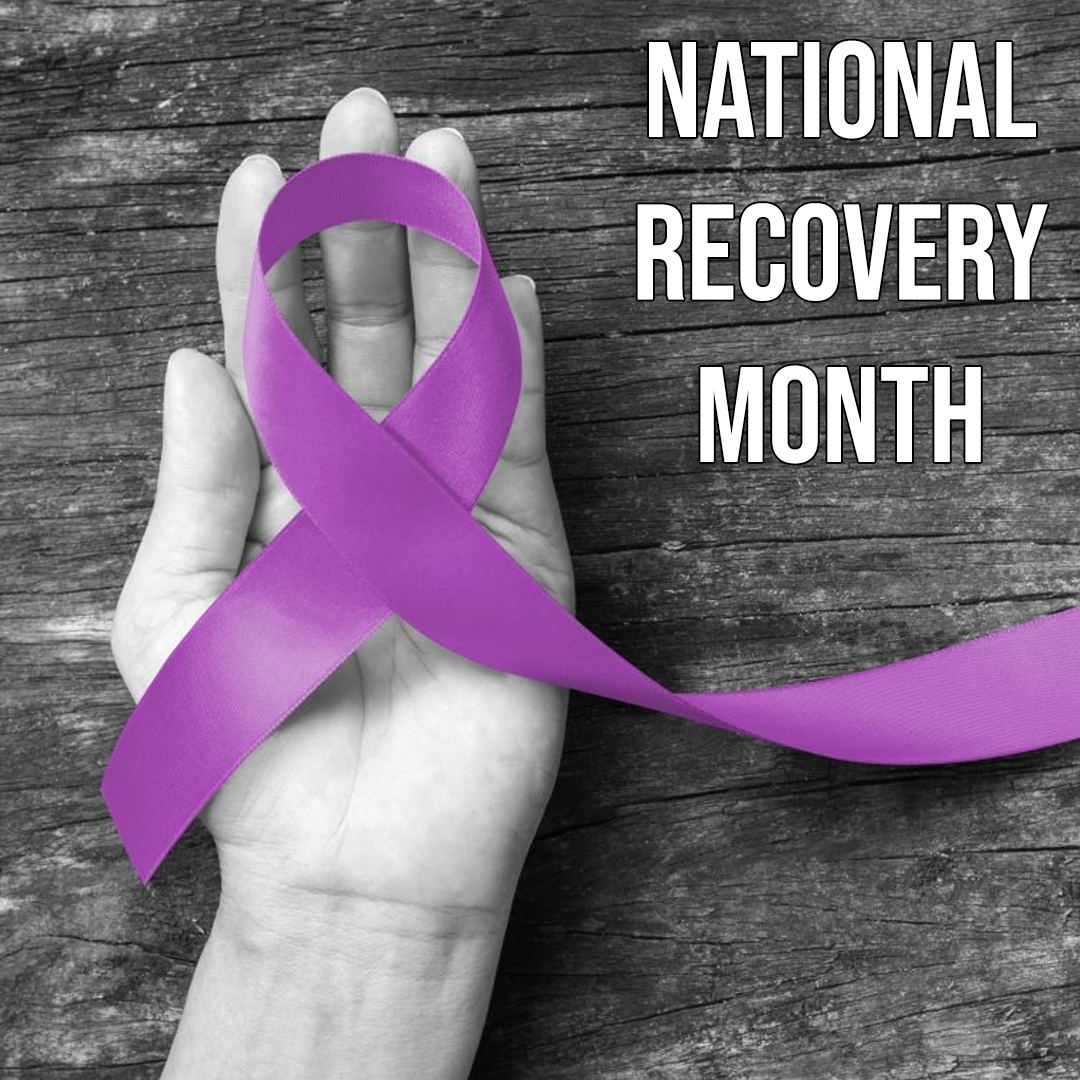
Every September, the United States observes National Recovery Month—a time to celebrate the courage of those living in recovery from substance use and mental health struggles, to honor the people and programs that support them, and to raise awareness about the importance of accessible care.
For the LGBTQ+ community, this observance is especially significant. Queer people are disproportionately affected by substance use challenges, not because of who we are, but because of the pressures we face: stigma, discrimination, rejection, and trauma. And yet, within our community, we also find extraordinary resilience, creativity, and chosen family that make recovery not just possible, but transformative.
This September, let’s talk openly about recovery through a queer lens—acknowledging the struggles, celebrating the triumphs, and building a future where every LGBTQ+ person can access the care they deserve.
Why Recovery Matters in LGBTQ+ Communities
Research consistently shows higher rates of substance use among LGBTQ+ people compared to the general population. For example:
- LGBTQ+ adults are more likely to struggle with alcohol and drug use than heterosexual peers.
- Gay and bisexual men face higher risks of methamphetamine use.
- Transgender people report disproportionate rates of substance use and barriers to affirming care.
- LGBTQ+ youth often experiment earlier and more heavily, especially when coping with family rejection or bullying.
These patterns aren’t about identity—they’re about survival. When society denies you safety, belonging, or love, substances can become a coping tool. Recovery, then, is not simply about abstaining from substances—it’s about healing from trauma and reclaiming joy.
The Role of Stigma and Trauma
Stigma lies at the heart of these disparities. Queer people are more likely to face:
- Family rejection, leading to isolation or homelessness.
- Workplace discrimination, fueling economic instability.
- Healthcare stigma, making treatment options unsafe or inaccessible.
- Cultural stress, where daily microaggressions and systemic barriers take a toll.
This layered trauma makes recovery uniquely complex for LGBTQ+ people. A program that ignores identity won’t work for someone whose struggles are rooted in rejection or homophobia. Recovery support must affirm all of who we are.
Queer Resilience and Recovery
Despite these challenges, LGBTQ+ people have always found ways to build healing spaces. Across history, we’ve created bars, clubs, houses, and now recovery groups where community thrives. While bars once offered refuge in a hostile world, today queer sober spaces are blossoming—from Pride sober tents to LGBTQ+-specific recovery meetings.
Recovery in queer spaces often emphasizes:
- Chosen family as a source of accountability and care.
- Identity-affirming language that validates pronouns, partners, and experiences.
- Holistic healing that includes trauma recovery, mental health support, and cultural affirmation.
National Recovery Month is about honoring this resilience and making sure all LGBTQ+ people know that recovery is possible—and beautiful.
Shifting the Narrative: Beyond Shame
For too long, addiction in queer communities has been met with shame. Stories of queer nightlife often focus only on excess, ignoring the many who are walking sober journeys. Recovery is not about erasing queerness—it’s about embracing it fully, free from substances that no longer serve.
By talking openly about recovery, we shift the narrative from silence to solidarity. We remind each other that healing is not weakness, but strength.
How to Support LGBTQ+ Recovery During National Recovery Month
Here are ways to mark the month with intention:
- Learn About Queer Recovery Spaces
Many 12-step programs and peer groups have LGBTQ+-specific meetings. Seek them out, share them, and support them. - Challenge Stigma
Push back against the idea that addiction is a moral failing. Recognize it as a health issue, and treat those in recovery with dignity. - Celebrate Recovery Stories
Share stories from LGBTQ+ people in recovery. Representation reduces shame and builds hope. - Support Organizations Doing the Work
Groups like GLMA: Health Professionals Advancing LGBTQ+ Equality, LGBTQ+ sober networks, and local queer recovery collectives all need visibility and resources. - Offer Love, Not Judgment
Whether you’re queer or an ally, the best gift you can give is unconditional support. Celebrate milestones, listen without judgment, and affirm that sobriety is valid in every form it takes.
Building a Future of Healing
National Recovery Month reminds us that recovery is not a one-size-fits-all journey. For LGBTQ+ people, it often means healing not only from substance use but from the wounds inflicted by homophobia, transphobia, racism, and other forms of oppression.
The future we’re building is one where:
- Every LGBTQ+ person can access recovery care that affirms their identity.
- Sobriety is celebrated, not stigmatized.
- Healing includes both mental health and community connection.
- Recovery stories are told with pride, reminding others that they, too, can survive and thrive.
Recovery is not about erasing who we are—it’s about becoming even more of ourselves.
In Solidarity, Always
– Ryder
Discover more from Ryder Tombs
Subscribe to get the latest posts sent to your email.


